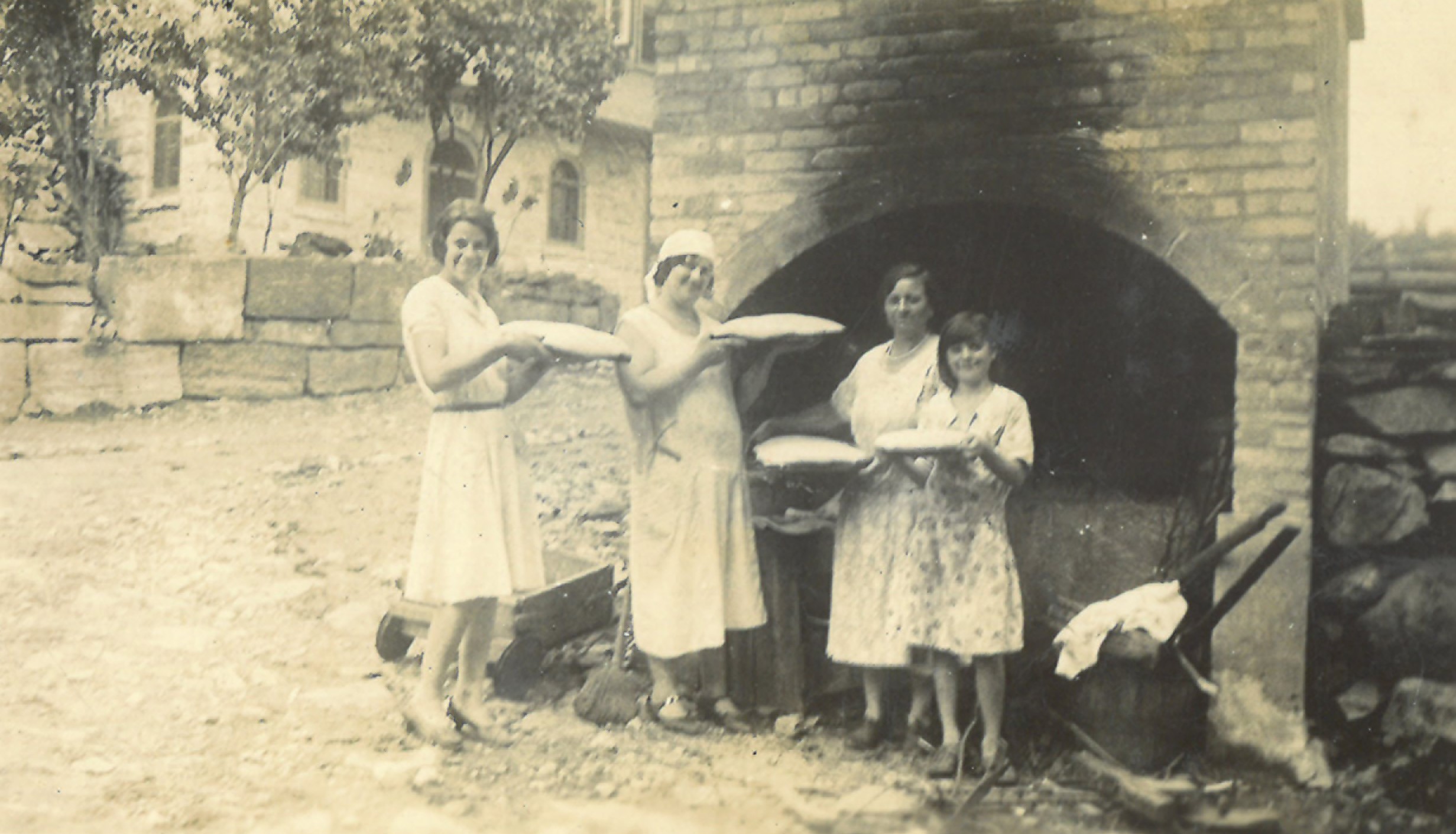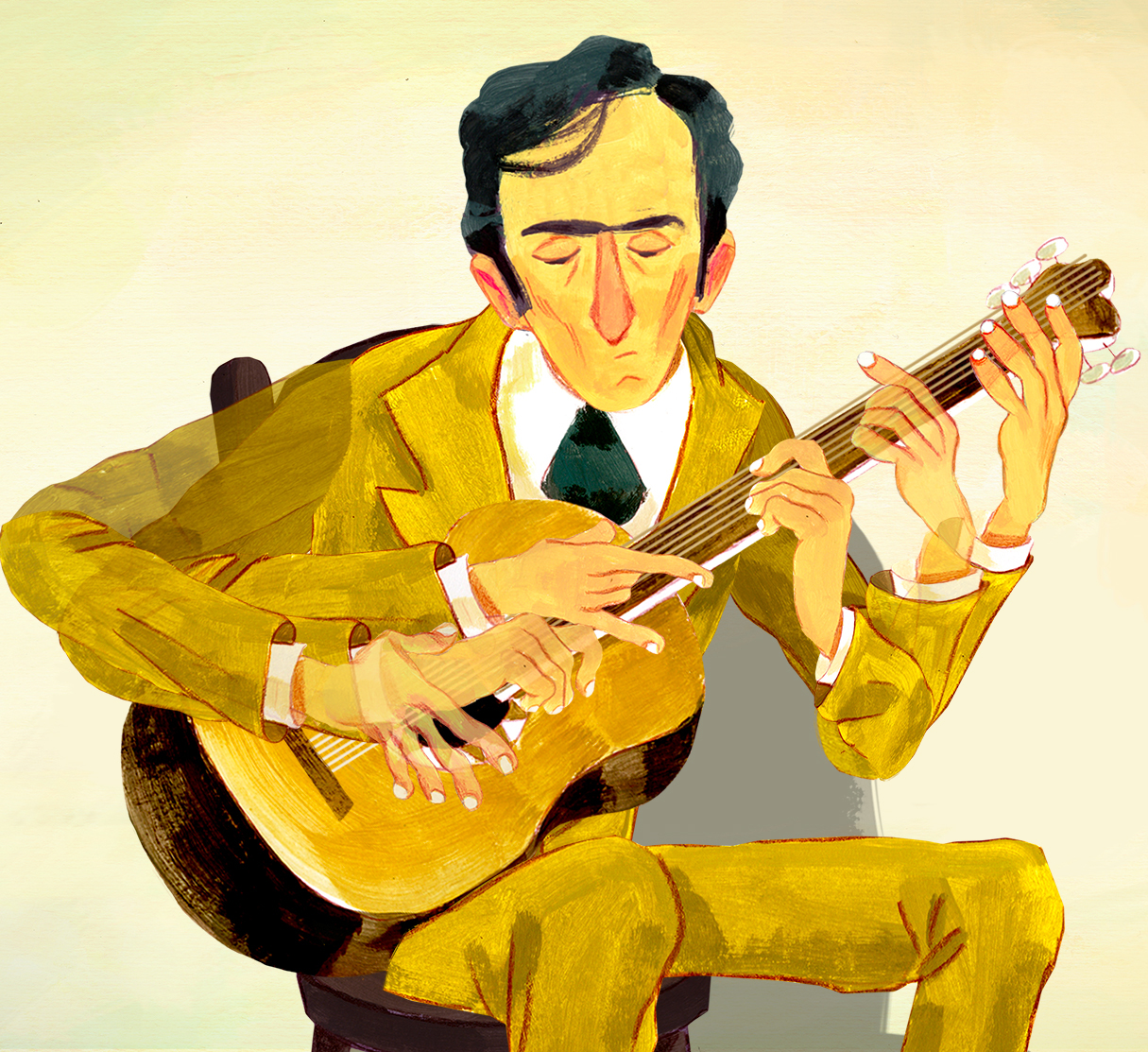
Isabella Livorni, New York University
The name Rocco Scotellaro has become synonymous with Basilicata. In his work, however, the young writer, poet, and politician was interested in situating his home region within a transnational framework. In this talk, Isabella Livorni will analyze how Scotellaro conceived of the connections between Basilicata and other parts of the world in his poetry and creative writing—not only his analysis of his compatriots’ emigration, but also the potentially fruitful solidarity between Lucanian contadini and oppressed peoples elsewhere in the world.
In conjunction with the exhibition BASILICATË: A Celebration of Lucanian Culture in the World

Three women artists with roots in Basilicata gather to discuss their work and shared origins. Penny Arcade (born Susana Ventura into a family hailing from Picerno) is a primal force in the New York City performance art scene. Her work explores themes including women’s sexuality and working-class and immigrant identity. Joanna Clapps Herman is a writer who has portrayed the “two worlds” she inhabited while growing up in Waterbury, Connecticut, as the child of Italian American immigrants from Avigliano and Tolve, in works including The Anarchist Bastard. Journalist Helene Stapinski’s family origins in Bernalda formed the basis of her memoir Murder in Matera, in which she investigates the life of her great-great-grandmother, who fled to the United States after a murder.
In conjunction with the exhibition BASILICATË: A Celebration of Lucanian Culture in the World

Il mondo è troppo per me: La storia di Vittorio Camardese (2023), 63 minutes
Vania Cauzillo, dir.
This film tells the story of Vittorio Camardese, a guitarist from Basilicata, who presaged techniques of both jazz and rock music. He played with jazz greats in Rome; so, how is it that he didn’t record even a single note? Why did American trumpeter Chet Baker live in his house for more than a year? And, above all, how has he remained in the shadows when he might have become a significant figure in musical history? Camardese’s story covers forty years, from the postwar to the era of la dolce vita, from 1970s TV shows to the 1980s pop explosion, leading up to the new millennium. Director Vania Cauzillo’s film has much to say about music, the responsibilities that come with talent, and the fear of success. In Italian with English subtitles.
In conjunction with the exhibition BASILICATË: A Celebration of Lucanian Culture in the World
Post-screening discussion led by Joseph Sciorra, John D. Calandra Italian American Institute.



